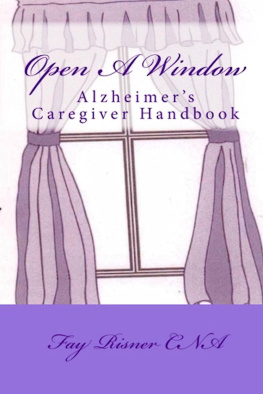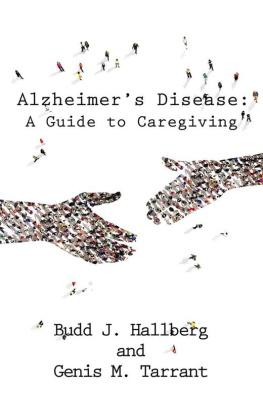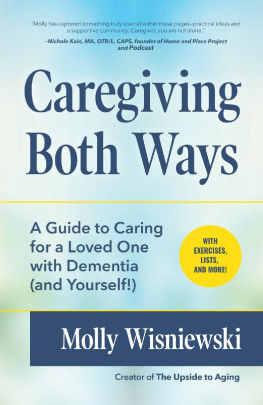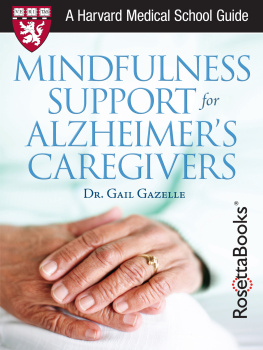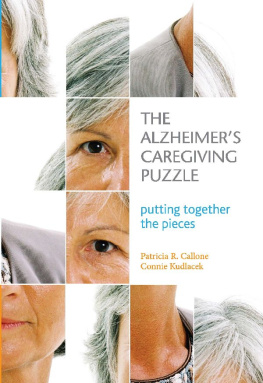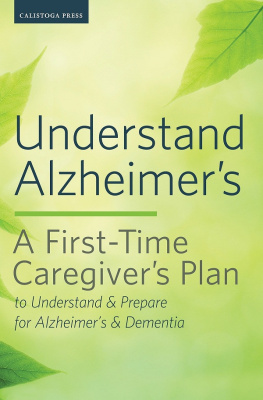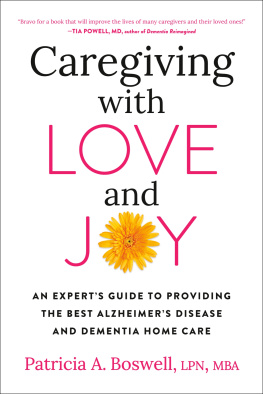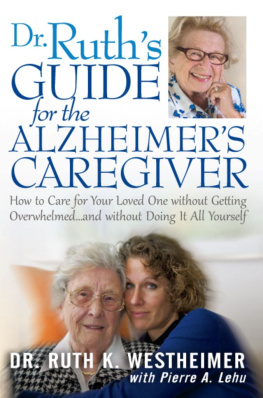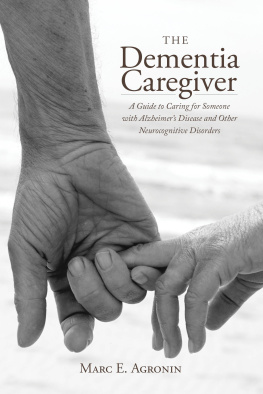Open A Window
A Caregiver Handbook
Cover Art
By Fay Risner
All Rights Reserved
Copyright (c) 2019
Fay Risner
All Rights Reserved
Revised edition 2009
This ebook is sold with the understanding that the author is not engaged in legal, accounting, medical or professional advice. If such advice or other assistance is required, the personal advice of a competent professional should be sought.
Review
This book shares what is possible if we allow a person with Alzheimer's to be who they are right now. Thank you for opening a window, Fay.
Jolene Brackey is a well known Alzheimer's speaker and author of Creating Moments Of Joy and other helpful books dealing with Alzheimer's
I enjoyed your book . It was very touching. Thanks for sharing.
Diana
I certainly am blessed to be a recipient of your book. The book is a great resourceful collection of ideas and suggestions.
Jurine
The woman, who I mentioned in my previous correspondence has used excerpts from your book for inservices. I plan on doing the same with credit to you in my lecture material on Alzheimers.
Rosemarie RN
Montezuma, Iowa
I hope you get recognized for your wonderful writing.
Kristi R.N.
Mt. Auburn, Iowa
I read, I learned, I laughed and I cried.
Judy
T his book is dedicated to my parents, Bill and Sylvia Bullock, for teaching me by example how to make lemonade out of lifes lemons.
Also to Sue Meyer, former Administrator, at the Keystone Nursing Care Center, a friend, who showed me an example of a genuinely caring caregiver.
F rom our earliest memories we start to care about the well being of those that are closest to us. As adults we are destine to become caregivers to someone; first to our children, then elderly parents, a spouse, other relatives, in-laws or friends that need our help. Before we know it our days are consumed with bathing, grooming, dressing, feeding, toileting, dispensing medication, watching over and entertaining a care receiver for twenty four/seven.
Each day, we rush through the caregiving tasks at hand while thinking ahead to the endless tasks yet to be done. With a sinking feeling, we realize that there just isnt enough time in the day. We just dont have enough stamina to complete everything. Our mind might be willing, but our body isnt. Our busy and practical caregiving role leaves little time to open windows to create and savor the moments that make caregiving rewarding, or moments that we need to work on to make life more worthwhile for the people who need our care. We are so focused on their physical needs and busy mourning the loss of their familiar, former self that we forget to savor what is left of the special person that we care for. We should cherish the person that is now while there is still time.
Besides the stories in my book that show ways to help someone with Alzheimers disease, I have included some introspective essays that share with the reader my feelings about caring for people. All in one way or another designed to put care back in caregiving.
In this book are moments I call opening a window. I might not have noticed that I opened those windows when caring for residents in a nursing home if it hadnt been for the experience of taking care of my father. Being a caregiver on a personal level gave me an insight I wouldnt have had otherwise. Caring for Dad helped me realize as a professional caregiver I was consumed with taking care of the physical needs for the residents, but people with Alzheimers disease need more than that. They need caregivers to care enough to inspire and exercise their brains so even if its for a brief moment, weve help to let their thoughts, trapped in the shell that has become them, escape to shine out of the windows in their brain.
With five million people in this country suffering from Alzheimers disease and millions more needing our help in the years to come, we need to be prepared, but we arent. When the younger generations come on board as caregivers at nursing homes, they have so much to learn about taking care of people with Alzheimers disease. Training is very important whether it be watching an experienced caregiver or reading anything that you can get your hands on that will help you succeed in making a better day for someone with Alzheimers.
Up until now we have been using the tried and failed methods to get to the successful approaches. All the while, our efforts to learn are at the expense of confused and frustrated people who become uncontrollable and on medication, because they cant express themselves any other way. All they want is caregivers who understand what is happening to their brain and know how to help them when they cant express themselves or help themselves.
People with Alzheimers are depending on us, the caregivers. Its time for all of us to figure out what works to create the best quality of life we can for the people with Alzheimers.
There is plenty of documentation for what works and what doesnt to educate every caregiver. Find it, read and practice what you read. Make life as problem free as you can for someone with Alzheimers. Even if they cant tell you how much they appreciate your thoughtfulness and help. I know they feel it deep inside themselves.
This book is designed to help caregivers understand what Alzheimer's disease does to people. I hope to give you some idea about how to help people with this dreadful disease.
T o use for training sessions for caregivers taking care of residents in long term care or on an individual basis in Home Health Care.
Next page
